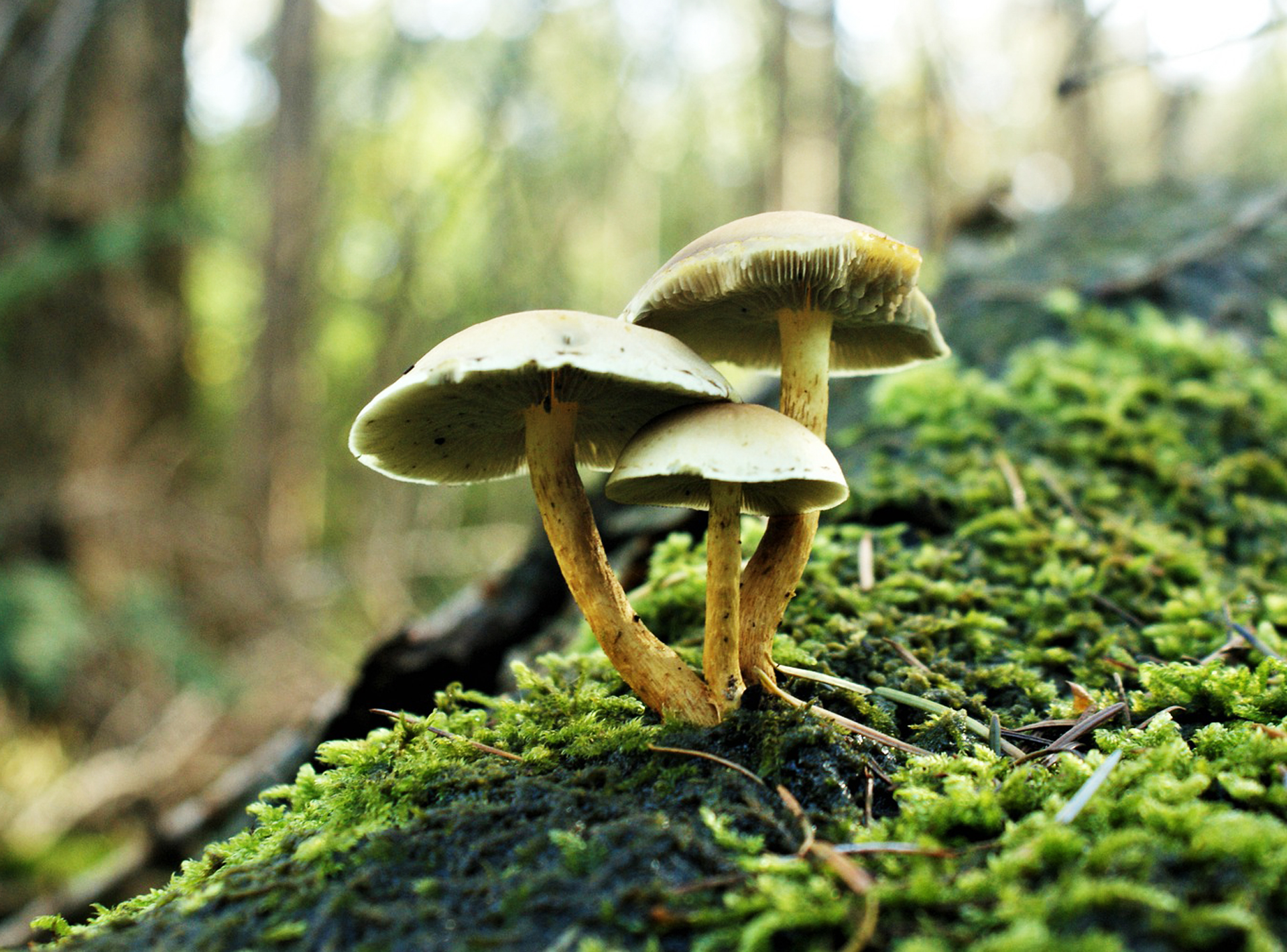 Australian researchers are asking if microdosing with psilocybin can improve your mental health and even boost creativity and other mental traits.
Australian researchers are asking if microdosing with psilocybin can improve your mental health and even boost creativity and other mental traits.
Researchers at Macquarie University in Sydney are taking a serious look at psilocybin, one of the key active ingredients of ‘magic mushrooms’, asking whether it can really improve mental performance and health.
The study, led by cognitive psychologist Dr Vince Polito, will perform in-depth imaging analyses and other tests on regular users of psilocybin, evaluating the neurobiological, physiological and performance impact of this drug.
Currently, psilocybin remains as a prohibited (Schedule 9) substance in Australia, although TGA is currently seeking further advice on the matter. Psilocybin is only available for research under very limited circumstances.
What is microdosing?
The term microdosing is not exclusive to ‘magic mushrooms’, but a common pharmacology practice in drug development and drug selection. Here, a minute dose of any drug is used to assess its pharmacokinetics properties. From a regulatory perspective, a microdose is defined as 1% of the pharmacologically active dose, up to a maximum of 100 µg, according to this recent report.
Within the context of psychedelic microdosing, this translates into doses that are 5–10% of the usual psychoactive dosages. Psychedelic drugs used with microdosing include psilocybin, LSD, peyote, MDMA and ketamine. However, the focus of this study will be only on the drug psilocybin.
“Some people will microdose every three or four days, while others might microdose perhaps several times a month,” Dr Polito said.
About the project
The team expects to recruit around 80 participants who are currently taking microdoses of psilocybin. The study will be organised into two lab-based sessions aimed at elucidating the biological impact of this drug.
“Participants will be part of a double-blind, placebo-controlled study, using their own supply of psychedelic substances,” Dr Polito said in a university press release.
Participants of this study will provide their own microdoses of psilocybin, but will not know whether they are taking the drug or a placebo. During the two laboratory visits, participants will take the drug (or placebo) and proceed to complete different tests, including imaging tests using magnetoencephalography (MEG) to record their brain activity.
“We will get people to do some psychometric tasks and behavioral tasks while we use a scanner to really look in detail at what’s happening in people’s brains,” Dr Polito said.
In addition, researchers will take blood samples from all participants to measure biomarkers related to the purported effects of psilocybin. “We expect to find if there is really something physiological happening, or if it is all just people’s expectations and beliefs that are driving their responses,” Dr Polito added.
Ultimately, this new study hopes to provide evidence of actual biological effects on people using psilocybin, which can inform future studies about the clinical potential of this drug.

